By BloggerKhan
Posted in Ecommerce | Tags : drop shipping, ecommerce, how to, How to start an Ecommerce Business, small business
You see all these stories about people making it big in ecommerce and you may wonder if you can be part of this global trade phenomenon. Maybe you have some ideas but don’t know where to start. This article should help you get started.
#1 – It’s All in the Name
The first thing people will encounter is your business’ name. It needs to engage them from the get-go, reflect your service or product and be original. Do your research, but go with your gut, because after all, it is your business. Then, register your business’ name and paperwork dependent on where you live.
#2 – Get Online
You would love for your business name to be your domain, but if it’s not available go with the most plausible option. For example a business, Created Gravity Expressions, could become “GravityExpressCreates.com” or “CGExpressions.com”. You will need to register your website name with a registrar and sign up for web hosting. For a list of hosting companies and registrars, visit http://bloggerkhan.com/review-and-comparison-of-web-hosting-companies/73
Following this is the need for an actual design and functional website interface for people to contact you, see your products and purchase items. You may need to hire a web development company like InterloperInc. to design and develop a website for you.
#3 – Structure and Registration
Business structuring is as follows:
- Sole proprietor – you are the owner and are responsible for all assets and debts.
- Partnership – you work along with a business partner and thus responsibilities fall on both parties.
- Limited Liability Company – this offers the owners of the company a limited liability in that they are not personally held liable for the debts of the LLC.
- Corporation- an entity completely separate from its owners.
The structure of your business will determine your registration, tax benefits and the process of filing.
#4 – Employer Identification Number
An EIN is required to conduct any form of business transaction, opening accounts and filing taxes. It is the equivalent of a social security number, but for your business.
#5 – Licenses and Permits
Regardless of your business being online there are still licensing requirements and permits needed to satisfy state laws where your business operates.
#6 – Vendors
Where you sell your products and the materials used to create your products is important, so getting them for the best value is important so as to ensure your business can make profits and not fall into debt.
#7 – Market Early
Even before your business is fully developed it is necessary to sensitize people to what you will offer. Setting up blogs and social media pages to introduce people to your product will ensure they are ready for when your business is up and running.
#8 – Productivity
Knowing how to get the job done effectively is key to success in your business. Productivity gives you the tools technology wise and in human resources both of which come together to push towards success.
#9 – Take Inventory
It is important to take stock of all goods in your Ecommerce inventory in order to track sales, profits and make predictions for ordering and future success. If you don’t plan to stock inventory and rely totally on drop shippers, you will need to open accounts with drop shippers.
#10 – Stay Compliant
After launching your business you should ensure all your legal paperwork are filed and permits intact so as to facilitate deadlines and tax compliances.
Can you readily tick off these 10 pieces off your Ecommerce business plan? If so, you are ready to begin your journey towards building a successful online enterprise.
Good Luck!


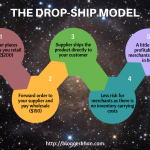


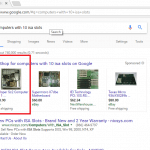

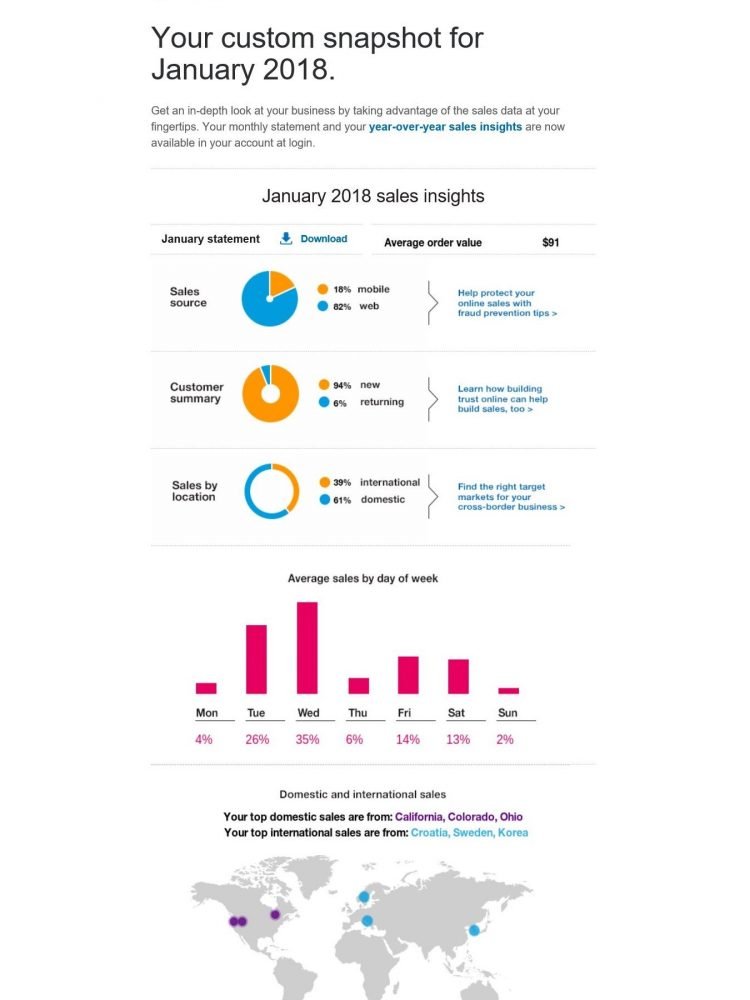
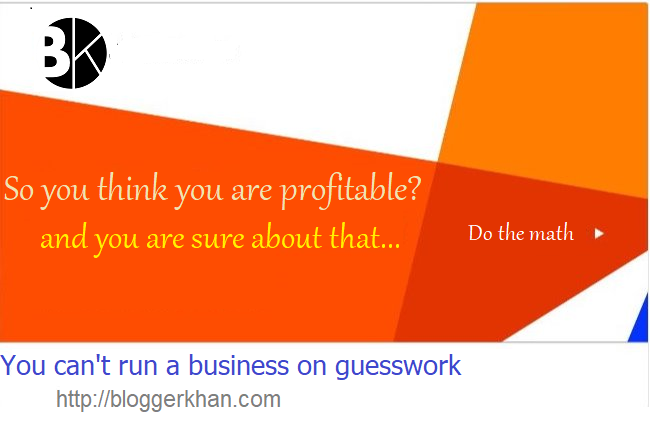
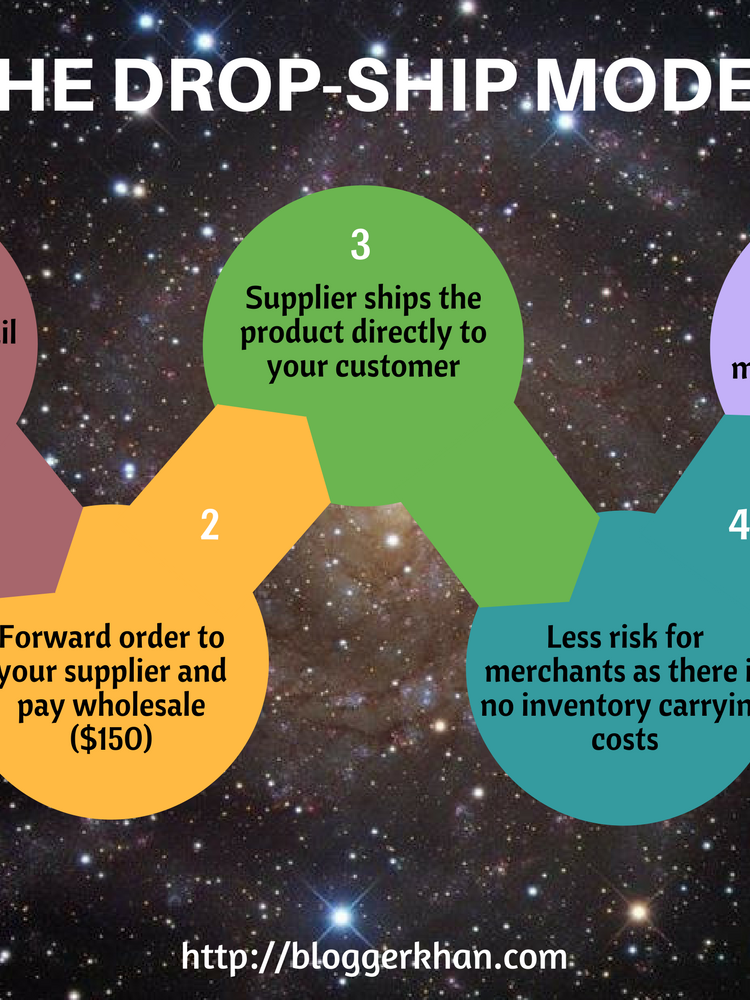
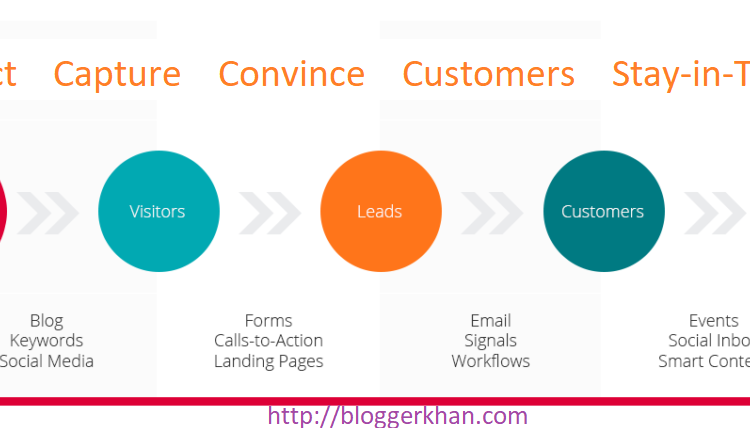
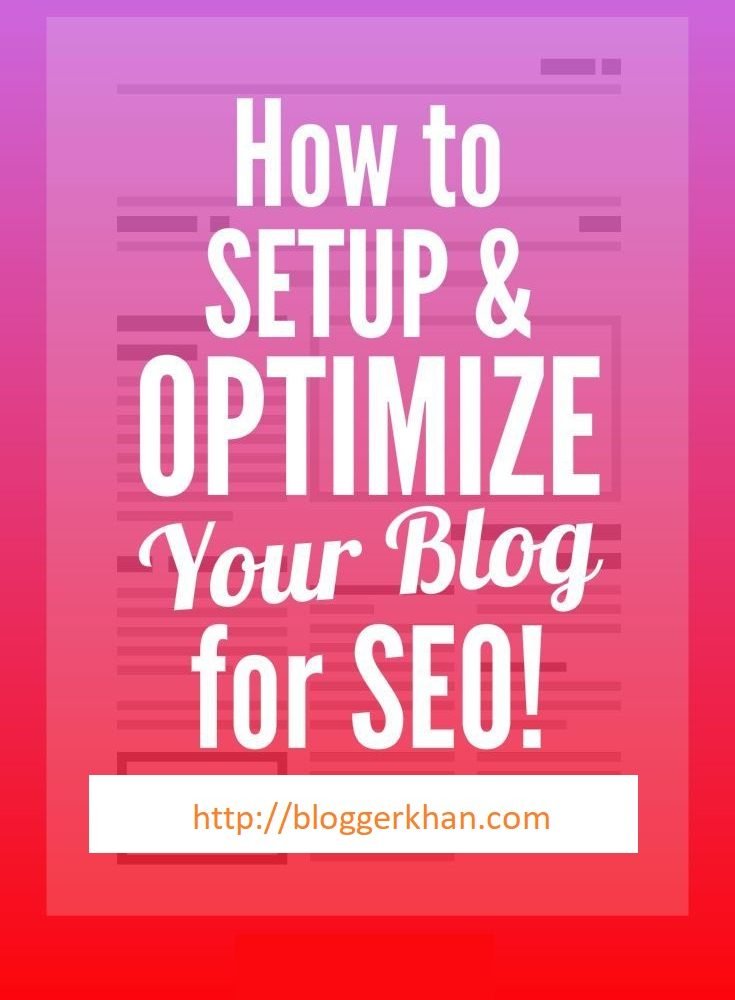


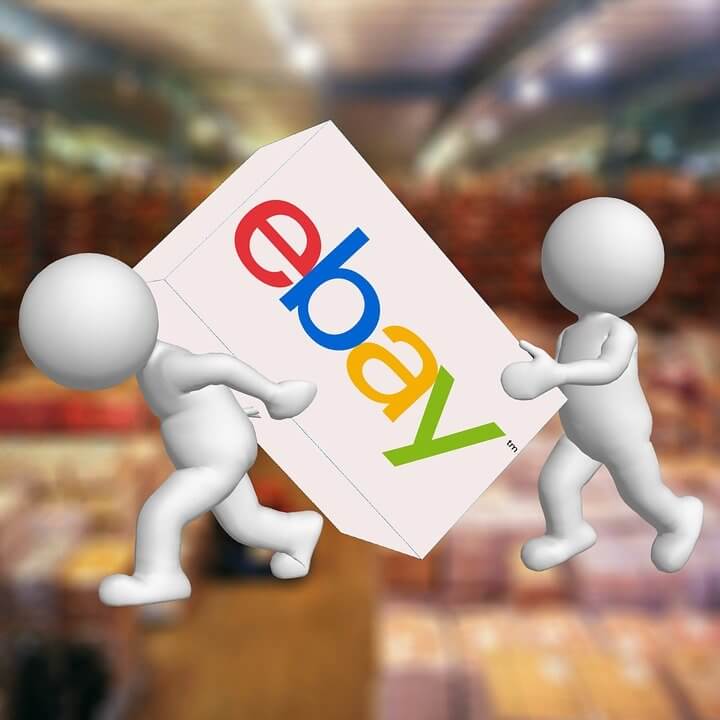



No comments yet.